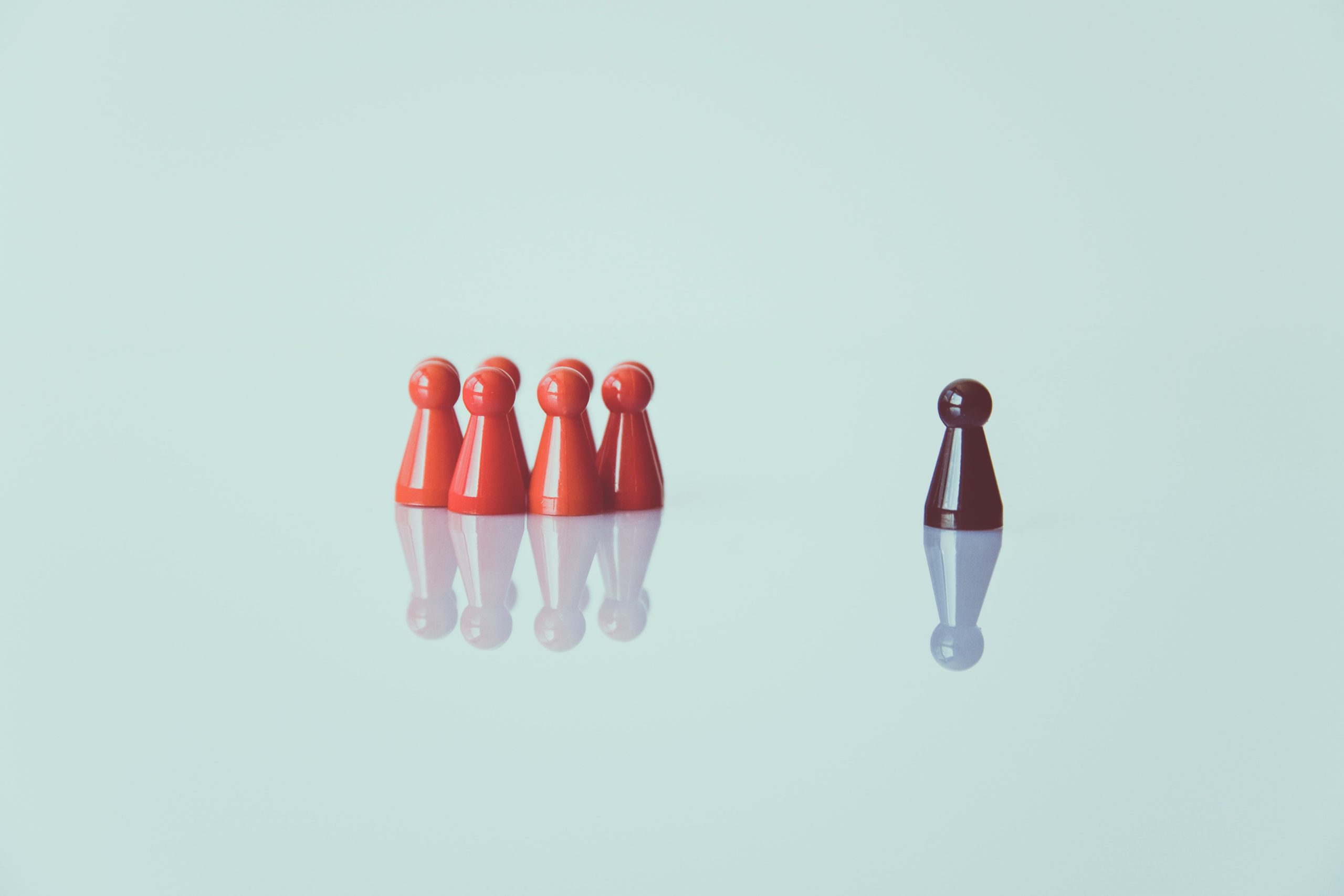Before I talk about the opportunity that comes with a crisis, I want to be clear that I’m not negating the detrimental effects of coronavirus. I’m also aware I make some sweeping statements without touching on the complexities and how the possibility of reform will differ massively across the globe. So this isn’t a perfect argument, but I hope that it prompts some thoughts and brings at least a little light into the doom and gloom.
Coronavirus has come about in a context of stress and hostility. Capitalism has permeated all corners of our lives, from ridiculous working pressures to unattainable expectations of success. And this ‘success’ is often measured superficially by appearances and possessions, rather than genuine experiences and the quality of our relationships. Austerity has pushed huge numbers of people into poverty. Public services, from schools to transport to healthcare are under immense strain. The news seems to play on a constant loop of negativity (dare I mention the word Brexit?). In the face of these stresses, hostilities have arisen between and within communities, mental health issues are skyrocketing, and we’re also facing huge ecological challenges.
I wonder if Covid-19 could be an opportunity for re-evaluation and change. In the face of mortality, we start to think more seriously about the way that we live our lives. Rather than stressing over the latest fast fashion, we realise the importance of the basic necessities, and perhaps begin to truly empathise with the scarcities some people have been living through their whole lives. We consider how we can be less wasteful, how we can make the most of what we have. How we can provide for ourselves, be self-sufficient in our communities, rather than rely on poorly paid labourers living halfway across the world. We think about how much time we spend with our loved ones, rather than at work or mindlessly on our phones. We recognise the value of all those working hard to keep society running on a day-to-day basis, from nurses to bus drivers to those working on the tills at the supermarkets. We see how interconnected everything is, how much we need each other to get by.
My worry is that fear and panic will prompt an each-for-their-own mentality. It’s understandable that people want the best for those closest to them – we all do. But I think that this lies in the coming together of communities. Getting through this difficult time will involve talking to each other with respect and understanding, sharing information and resources, and supporting each other with love and care when morale is down. This is an opening to reconnect to what it means to live as human beings in a human community.
These are big changes, and I’m not suggesting they’ll come about easily. It’s going to challenge us as individuals, as communities, as a global society. Stocks have tumbled, businesses are losing trade, school lessons are being put on hold, borders are closing, health services are being stretched. But as the structures of our society are shaken, we have the opportunity to reflect, and to carefully consider how we will build ourselves back up. What will we prioritise? What really matters to us?
These are crucial questions for the future, not just in the face of the virus, but to address climate change, tackle social inequality, and to enrich the quality of the lives we lead.
Anna May
Image: Pexels.

